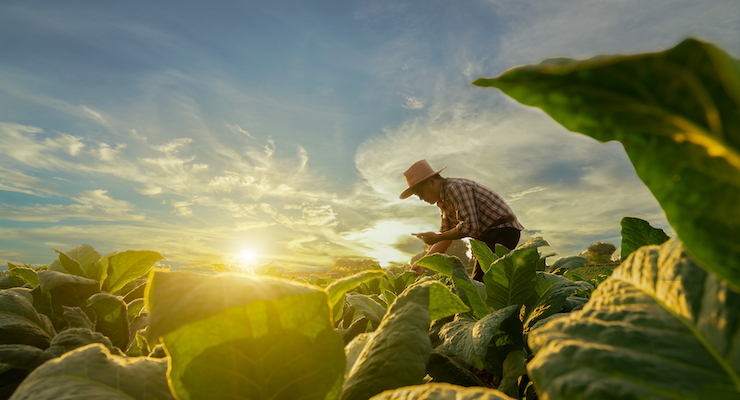Market Updates
S2G Ventures Discusses 10 Trends in Food and Agriculture Technology
These technological innovations in the global transition of food systems will make a strong impact this year, the investment firm reports.

By: Mike Montemarano

S2G Ventures, a multi-stage investment firm focused on food, agriculture, ocean, and seafood markets, has made ten predictions about which innovations and trends will shape food technology in 2022, based on its projections that a global shift similar to that seen in the energy market will take place in food in the coming years.
“The food transition is still in its infancy but is being propelled by seismic tailwinds: massive demographic change spurring new consumer demand, significant advancements in the biology, chemistry, and physics of food production to create new choices, and now, capital markets anchored by ESG (Environmental, Social, and Governance Investment) that want to fund high growth, disruptive companies,” Sanjeev Krishnan, S2G Ventures managing director and chief investment officer, said.
New Tech on the Farm
Challenges that farmers face today call for innovation and the adoption of technologies, S2G reports. When it comes to agriculture, the firm predicts that: Robots will increase efficiency while reducing labor needs across the food system; the rise of ESG will help to digitize the farm; Fintech will transform opportunities in agriculture, just as it did for the student loan and mortgage markets; and RNA technology similar to that used in the production of COVID-19 vaccines will be applied to farms to save soils.
Bolstering the Supply Chain
Systemic supply chain disruptions will motivate the food industry to come up with solutions to overcome stock issues, while also making these supplies more nimble, sustainable, localized, and less wasteful, S2G said. Three big innovations in the food supply that the firm believes will make waves include: fermentation as a means of developing the next generation of alternative protein products; cellular protein will provide consumers with safe, sustainable food; and the adoption of food waste solutions will be recognized as both good business practice and an essential tool for feeding the world.
Precision Nutrition
Technology centered around providing the end consumer with a more personalized, precise set of options in order to address declining national health standards and meet consumer demand for adopting more holistic diets.
“Food and nutrition startups are using cutting-edge science as well as Ai and ML to develop nutrient dense, functional, and personalized food products,” S2G reports, predicting that: AI and machine learning platforms will unlock greater understanding of and use cases for plants and fungi; food will become central to the effort to prevent chronic disease and improve health outcomes; and food brands will have to ‘personalize or perish.’


